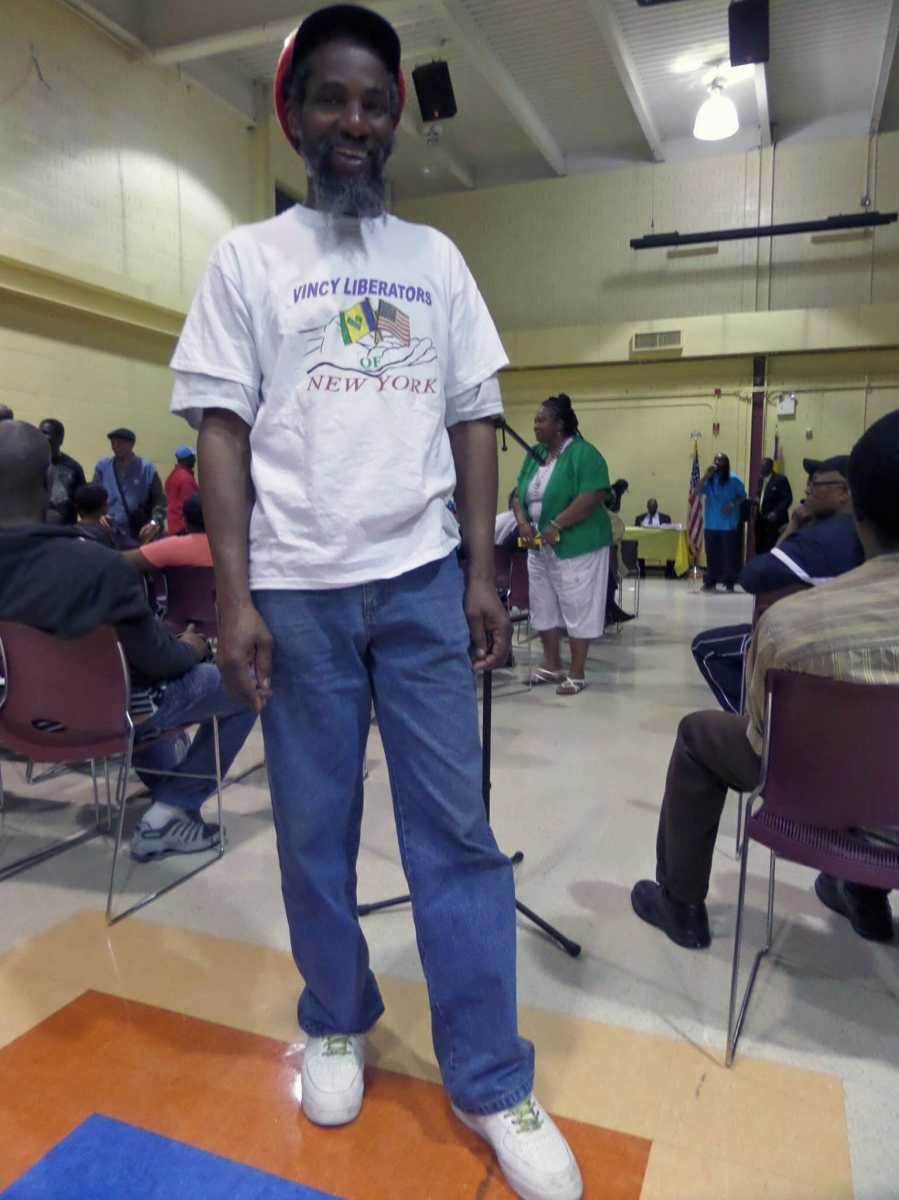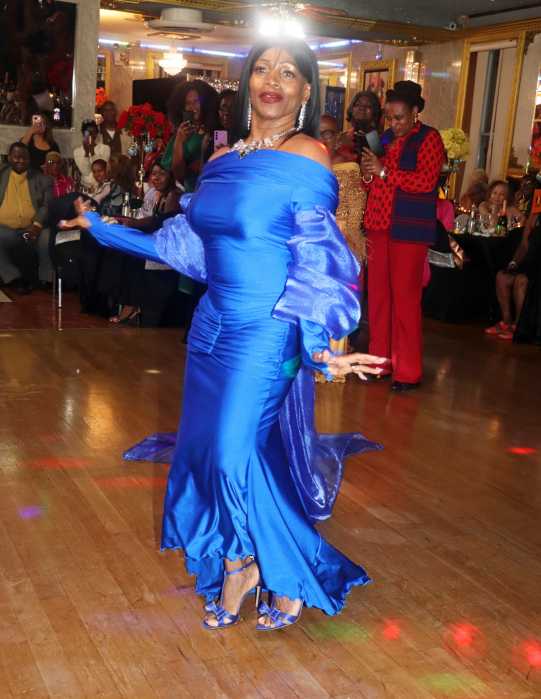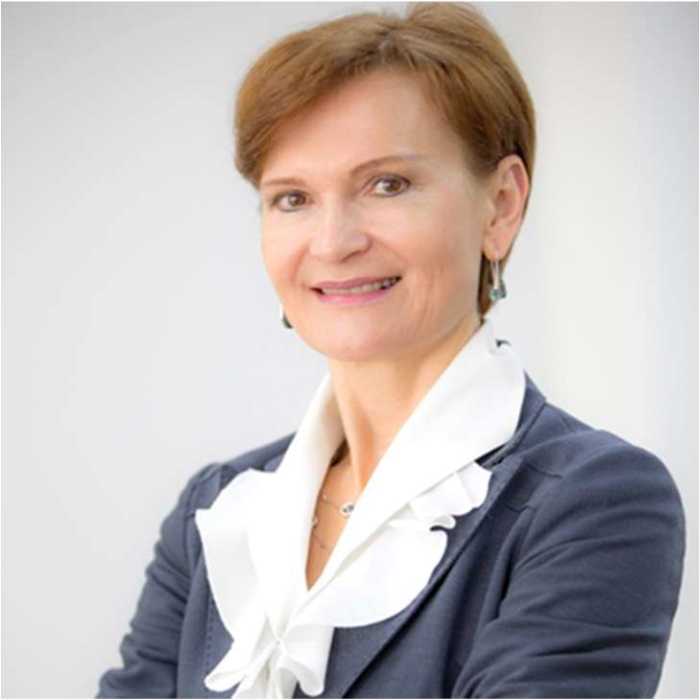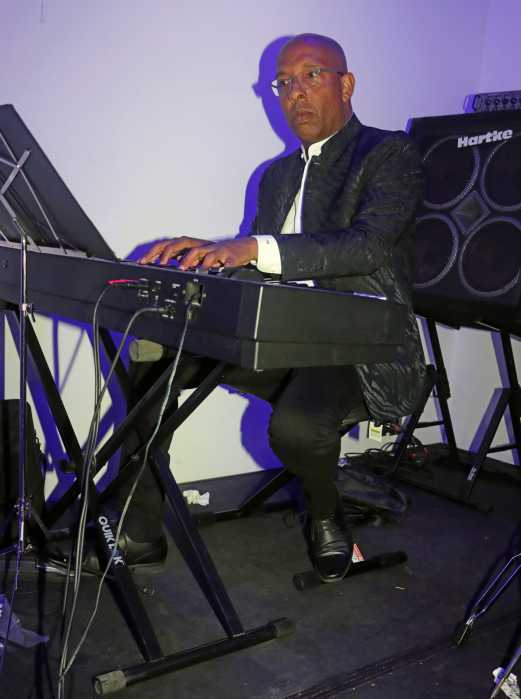With heightened attention being paid to racial discrimination amid expansive protests against police brutality and discrimination in the wake of the killing a George Floyd, an African American, by a white police officer in Minneapolis, a long-standing Vincentian community activist in Brooklyn has been speaking about his own personal experiences with racial discrimination.
Douglas Howard, otherwise known as “Doug King Howard,” who heads the Brooklyn-based, non-political Vincentian group Vincy Liberators, U.S.A. Inc., told Caribbean Life on Tuesday that his first encounter with racism in the US occurred in March 1981 in Mobile, Ala, nearly two years after he migrated to the US from St. Vincent and the Grenadines.
Howard said that, at the time, the Hayse brothers had hung Michael McDonald for having a relationship with their sister.
“The people with whom I was living with at the time were so worried about me walking from the movie theater to home at night,” he said.
Howard said the second occurrence took place on a Sunday afternoon in August 1981, when he was travelling from Orange, Tx to Cameron, LA.
“I pulled into a gas station in Hackberry, LA; a car pulled out from the gas station, and I pulled in,” he said. “I pulled up to the pump to get gas, and the attendant told me there was no gas.
“I asked: ‘What you mean there is no gas; you just sold the gas to the driver of the car that was right here,’” Howard added. “His response was, ‘we don’t service niggers.’”
Shocked by the remarks, Howard said he “started my car and drove off.”
“I decided that I was moving back to New York City, because the South was becoming too much (for racial discrimination) because of my skin color,” he said.
Howard said after returning to New York City in 1983, he discovered that racial discrimination was “10 times worst than in the South.”
As a delivery truck driver for 12 years, he said he “had to deal with a lot of glass ceiling racism.
“I found out the police were 10 times worst in East New York, where I lived, than those people in Hackberry, LA,” Howard said.
But while claiming that racism is rampant in the New York Police Department (NYPD), Howard said he thought it would be less so in the construction industry, which he joined in September 1994.
“I became a member of Local Union 731 only to find out what racism is really about,” he said. “You have to work 10 times as hard as a white man just to break even.”
For about 27 years, Howard said he became “the no.1 watermain and hydrant installer in New York City,” and was only offered a foreman job twice, “of which I turned down.”
“I remember the days when I was laid off in the winter months only to see some white boys who couldn’t even read a tape measure working through those winter months,” he said. “I’ve seen Black women discriminated against when the supervisors refused to bring a decent bathroom for them to use.
“I’ve seen them hire Black guys only to lay them off and replace them with white boys, who just came out of high school or college and couldn’t find a job,” Howard added. “These Black men have children in college, high school, (and have) mortgages to pay, families to feed, only to be replaced by white boys living at home with their parents, while the Black brother is collecting unemployment, no medical insurance from the union for their families and walking to different construction sites day and night seeking employment.
“This is New York City as I seen from the 1980s up until this present day,” he continued. “Nothing has changed; the only thing is, now, they are being caught on camera.
“Worst of all, I have a friend who is suffering from a bladder infection because she held her urine in too long, because of not having a decent place to use it,” Howard said. “This is from one of the largest construction companies in New York City. “This is what I live with every day. Racism is alive and well.”
Howard said he was 16 years old when teachers struck, in September 1975, in St. Vincent and the Grenadines, leaving a huge indentation on his psyche.
“I witnessed some of the most wicked situations; and, from that day I decided to leave St. Vincent and the Grenadines,” he said.
Four years after migrating to the US, Howard said he became involved in social activities with Randall Robinson and his Washington, D.C.-based group, TransAfrica, who were in the vanguard of freeing the late South African leader Nelson Mandala and ending South Africa’s system of racial segregation or Apartheid.
Then, after joining the New York group, the United African Movement, led by “Attorney-at-War” Alton Maddox and civil rights activist the Rev. Al Sharpton, Howard said he “got involved in the Aristide situation in Haiti, the re-election of (former US President) Bill Clinton, and then police brutality over the years — from Elenore Bumpus to Amadou Diallo, to Abner Louima and many others.”
Howard said while he heads the non-profit Vincy Liberators — which he helped found after leaving the Brooklyn-based St. Vincent and the Grenadines Progressive Organization of New York (SPOONY), the New York arm of the main opposition New Democratic Party (NDP) in St. Vincent and the Grenadines, serving as a former president – he is still “very vocal on the political issues here in the US and in SVG (St. Vincent and the Grenadines.”


























